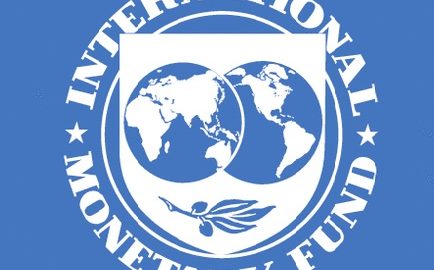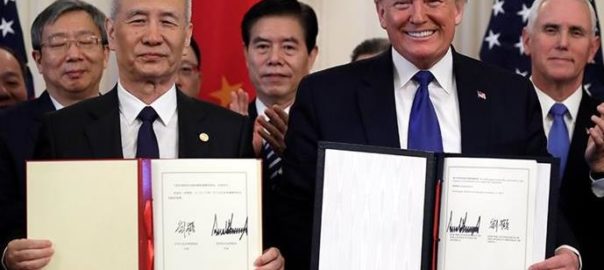An Open Letter to Gilead Demanding Affordability and Access to Remdesivir

In an open letter to Daniel O’Day, Chief Executive Officer of Gilead Science, more than 150 organisations (including Madhyam) and individuals have urged the US biotechnology company not to enforce exclusivity over remdesivir, an experimental drug seen as a potential treatment for COVID-19 patients. The clinical trials for remdesivir are underway in China and elsewhere in Asia to test its effectiveness in treating coronavirus infections. Since Gilead currently holds all patents for the development and production of remdesivir, the key concern is that the company should not be profiteering from the global pandemic if the drug proves effective against the coronavirus.
Following is the full…




